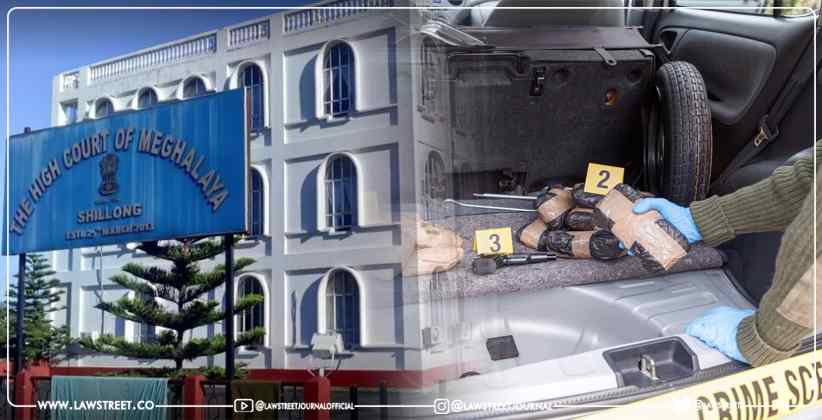Shillong: The Meghalaya High Court has granted regular bail to an accused in the 2022 Shillong bomb blast case, who had been in custody for over two years.
In an order passed on September 17, 2024, a Division Bench comprising Justice W. Diengdoh and Justice B. Bhattacharjee allowed the appeal against the Special NIA Court’s order rejecting bail and directed the release of the accused, Wallam Jingsuk Barim.
The court noted that the accused had been in custody for approximately 2 years and 4 months since his arrest in connection with a low-intensity bomb blast that occurred in Shillong’s Police Bazar on January 30, 2022. The case, initially registered by the local police, was later transferred to the National Investigation Agency (NIA).
The bench observed that while 64 prosecution witnesses were cited, only 15 had been examined so far. Justice Diengdoh, writing for the bench, stated: “Though the prosecution may not summon all of the remaining witnesses, a substantial number of witnesses are yet to be called to court for the recording of their depositions… the trial may continue for a slightly longer duration under such circumstances, and a speedy trial has always been the oft-repeated refrain when it comes to proceedings in a criminal trial.”
The court also emphasized the principle of parity, noting that two co-accused charged under the same sections had already been granted bail. The bench held:
“It is well settled that the law of parity, when applied to a situation concerning the applicability of principles of bail jurisprudence—the primary principle being ‘Bail and not Jail’—means that the liberty of a citizen is sacrosanct and must be safeguarded, though within the confines and limits of the law. Where a co-accused has been enlarged on bail under similar circumstances, as in this case, failing to apply the principle to the benefit of the appellant would only be seen as a discriminatory action.”
While granting bail, the court imposed several conditions on the accused, including not absconding or tampering with witnesses, not leaving the state without prior permission, appearing in court as required, and furnishing a personal bond of ₹50,000 with two sureties of like amount.

.png)









